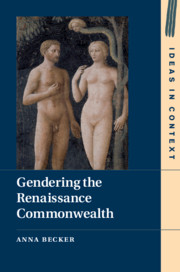This article participates in efforts by IR theorists to clarify aspects of modern sovereignty – an idea currently in rupture and being rethought – by returning to its founding ‘Westphalian moment’. While recent work has reconnected modern sovereignty to religion, considering Westphalia as a religious settlement and Christian concerns persisting in the groundwork of IR, our work looks beyond Christian concerns and asks how Westphalian sovereignty addressed non-Christians. We trace a yet-untapped discussion of the Jews – presented as a paradigmatic religious ‘other’ – among architects of Westphalian sovereignty from Bodin through Grotius, Hobbes, Harrington, and Spinoza. We demonstrate that foundational theorists of modern sovereignty considered religious diversity a political problem. Some cited essential sameness, minimising difference between Jews and Christians. Others considered the possibility of Jewish sovereignty long before this idea is usually considered to have entered modern consciousness. While the discussion of Jewish sovereignty among architects of modern sovereignty may seem to justify a Jewish state in a world of Westphalian states, it also emphasises Westphalia’s territorialising of religious difference. This aspect of the Westphalian framework is surely inadequate today, when territorialising religious difference is neither normative nor likely possible.


